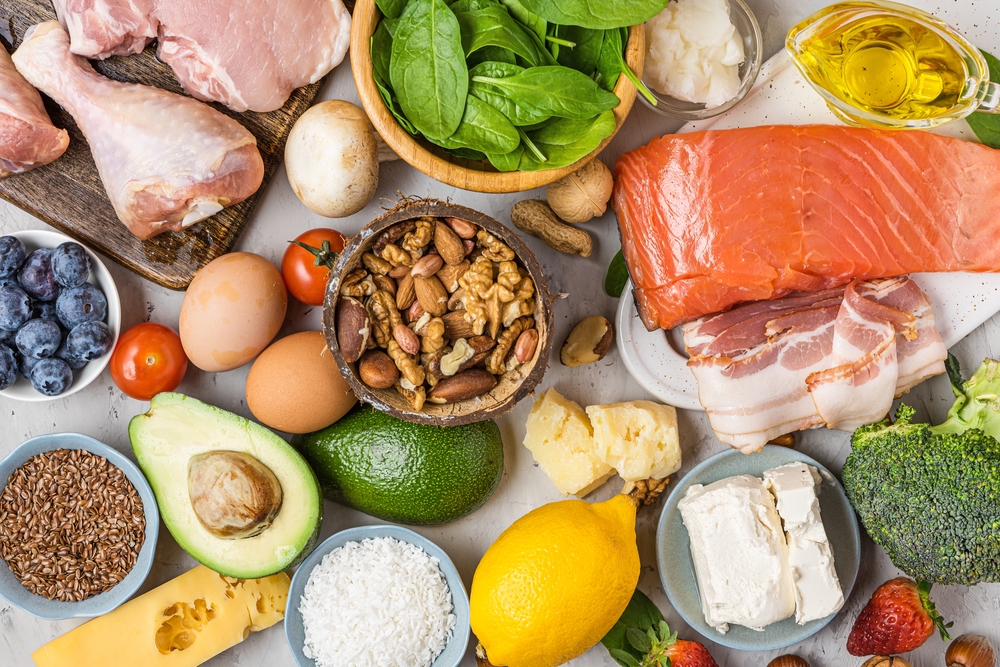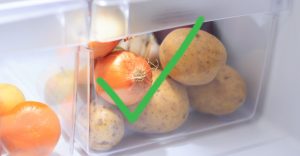Every bite has a story — how many do you know?
Others are reading now
You see them in your fridge. You eat them without a second thought.
But how much do you really know about the foods that fill your everyday life?
Banana
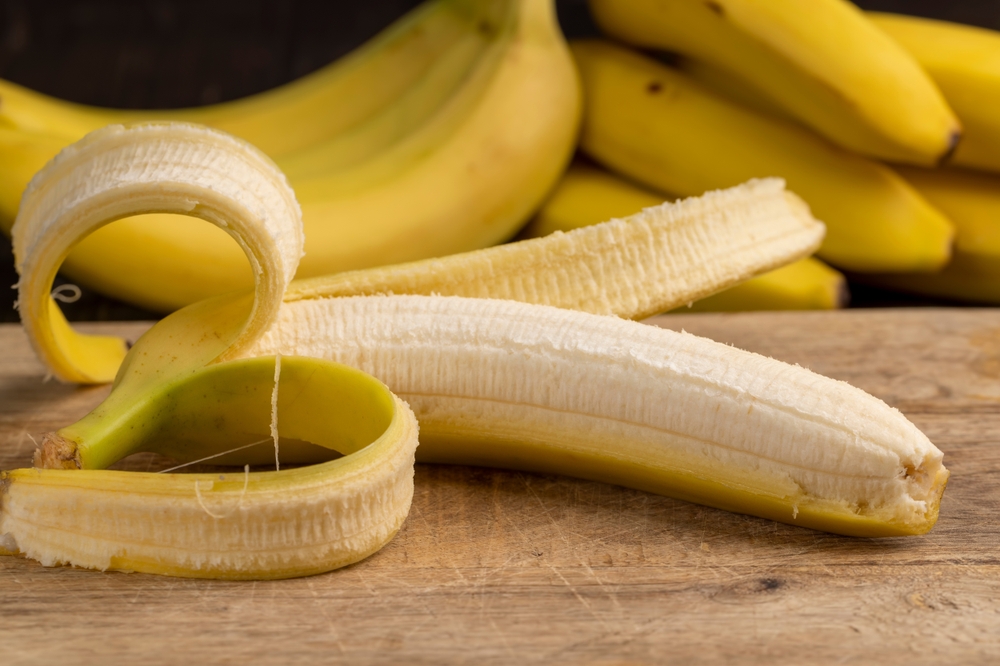
-
A banana contains around 100 calories.
-
Rich in potassium, which helps regulate blood pressure.
Also read
-
The riper the banana, the sweeter and easier it is to digest.
-
Commonly used in smoothies and baked goods.
Eggs
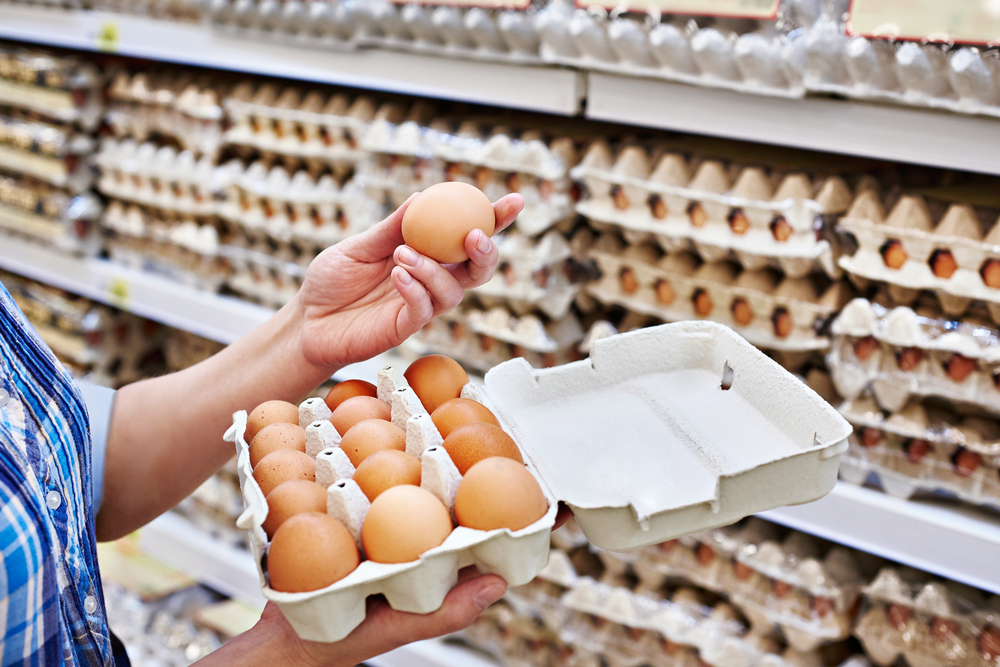
-
Contain all essential amino acids — a complete protein.
-
Great sources of vitamin D and B12.
-
The yolk contains cholesterol but also many nutrients.
-
Eggs can be boiled, fried, baked, and used in countless dishes.
Rice
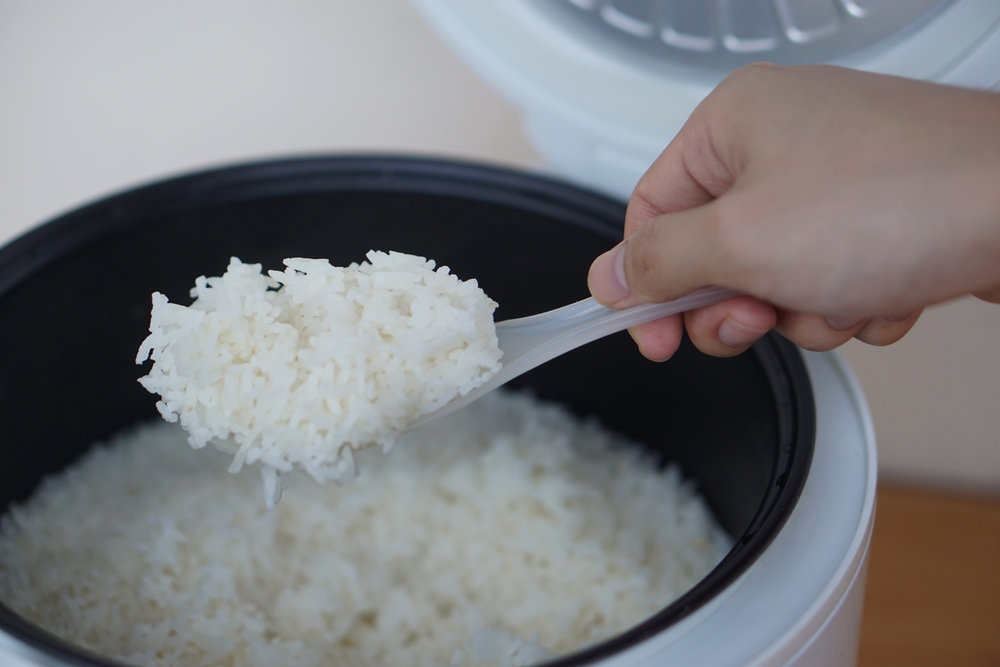
-
A dietary staple in many cultures — especially across Asia.
-
Comes in many varieties: white, brown, wild, basmati, and jasmine.
-
Brown rice contains more fiber than white rice.
-
Must be stored properly after cooking to avoid bacterial growth.
Potatoes
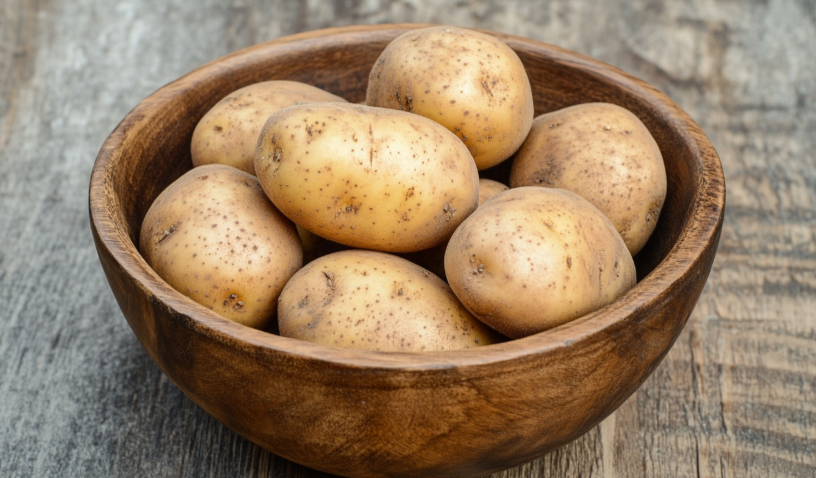
-
A good source of vitamin C and potassium.
-
Contain starch, which provides energy.
-
Can be cooked in countless ways: boiled, fried, baked, mashed.
-
The green part of a potato contains solanine and should be avoided.
Carrots
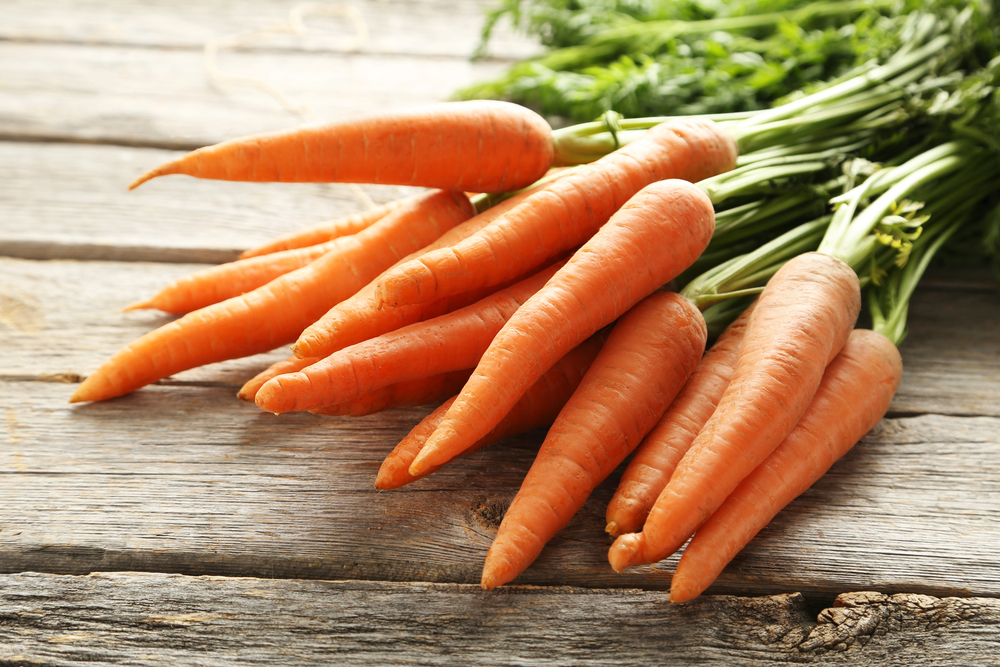
-
Rich in beta-carotene, which converts to vitamin A in the body.
-
Great for your eyes and skin.
-
Can be eaten raw, steamed, or roasted.
-
The sweeter the carrot, the more mature it is.
Salmon
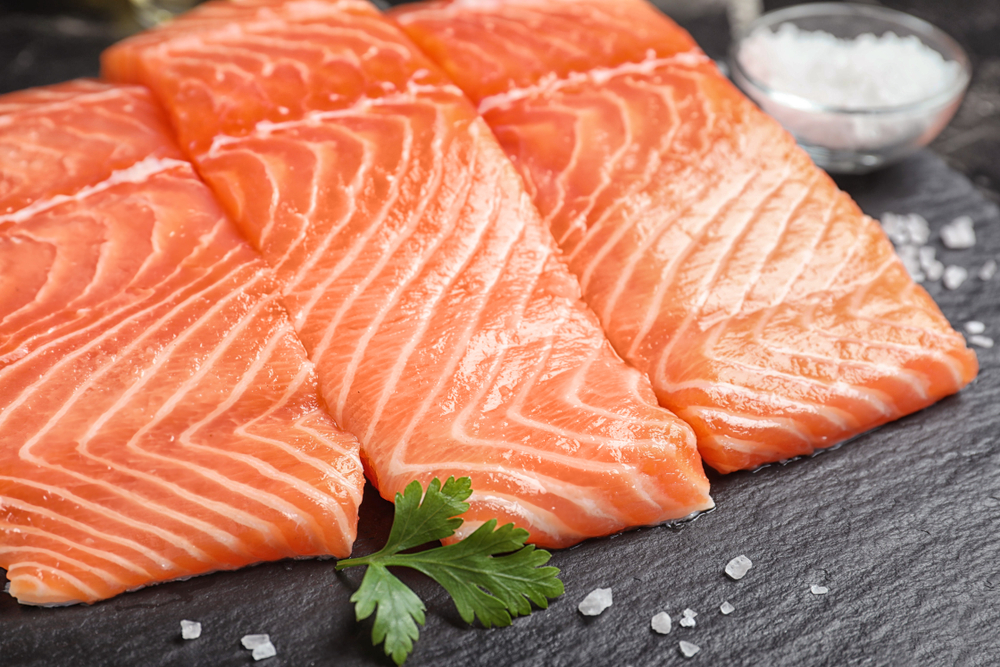
-
A fatty fish rich in omega-3 fatty acids.
-
Good for the brain, heart, and joints.
-
Must be kept cold and cooked thoroughly to avoid bacteria.
-
Available both farm-raised and wild-caught.
Chocolate
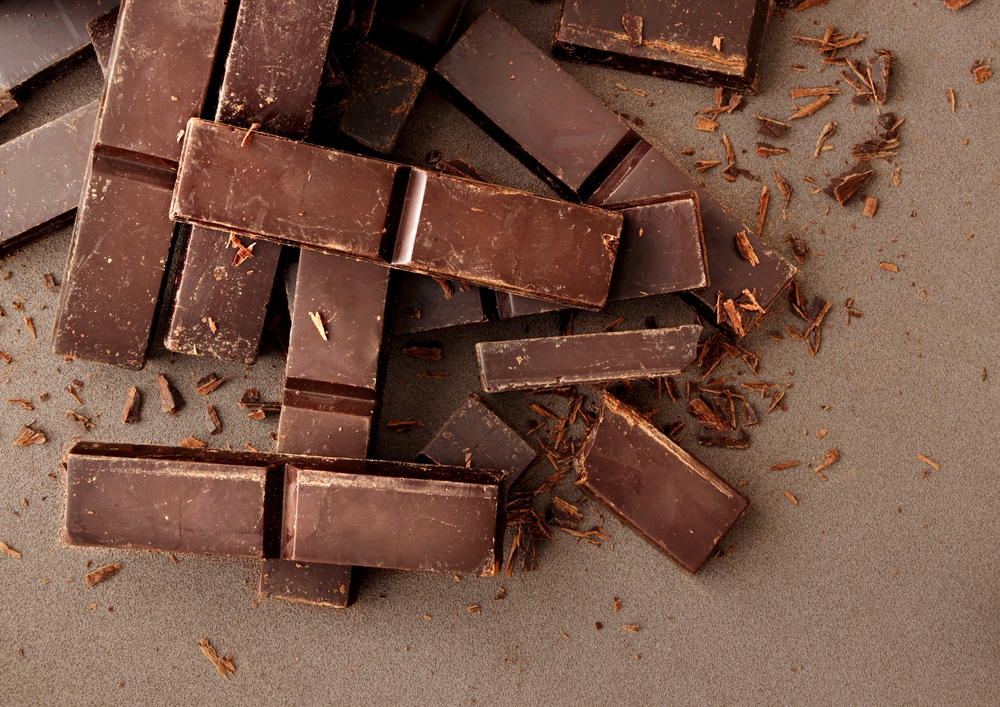
-
Dark chocolate contains antioxidants and can be healthy in moderation.
-
Milk and sugar content varies widely between types.
-
Cocoa comes from cacao beans, which grow in tropical regions.
-
Eating too much chocolate quickly adds up in calories.
Honey
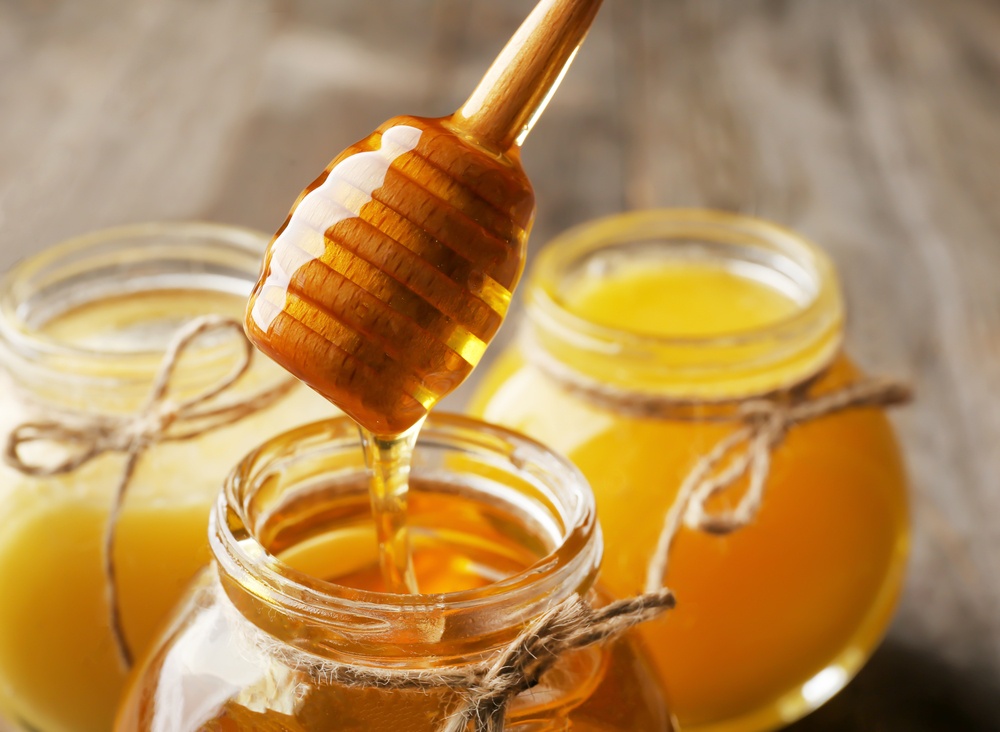
-
A natural sweetener made by bees from flower nectar.
-
Has antibacterial properties and is often used to soothe colds.
-
Should not be given to children under 1 year due to the risk of botulism.
-
Can last almost indefinitely if stored properly.

